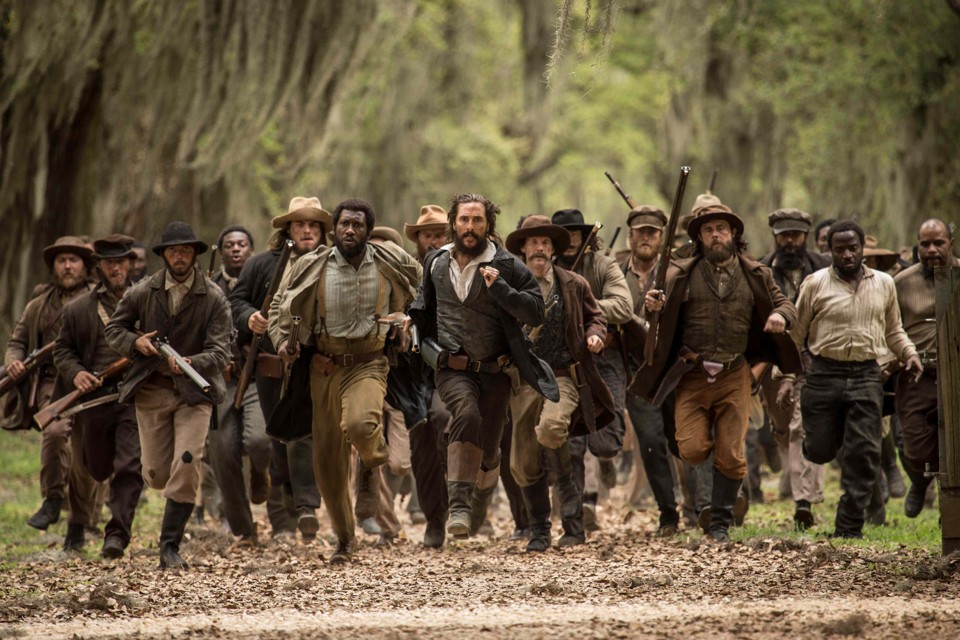Historian Victoria Bynum on the inaccuracies of the New York Times 1619 Project
World Socialist Web Site
2019-10-30
Eric London

Victoria Bynum
An interview with the author of The Free State of Jones
Historian Victoria Bynum, author of The Long Shadow of the Civil War: Southern Dissent and Its Legacies (University of North Carolina Press, 2010), The Free State of Jones: Mississippi’s Longest Civil War (University of North Carolina Press, 2001) and Unruly Women: The Politics of Social and Sexual Control in the Old South (University of North Carolina Press, 1992), spoke to the World Socialist Web Site’s Eric London on the historical falsifications involved in the New York Times’ “1619 Project.”
The 1619 Project, launched by the Times in August, presents American history in a purely racial lens and blames all “white people” for the enslavement of 4 million black people as chattel property.
Bynum is an expert on the attitude of Southern white yeomen farmers and impoverished people toward slavery. Her book The Free State of Jones studied efforts by anti-slavery and anti-confederate militia leader Newton Knight, who abandoned the Confederate army and led an armed insurrection against the Confederacy during the Civil War. It was adapted for the big screen in Gary Ross’s 2016 film Free State of Jones.
* * *
WSWS: Hello Victoria, it is a pleasure to speak to you. The New York Times writes that slavery is “America’s national sin,” implying that the whole of American society was responsible for the crime of slavery.
But [Abraham] Lincoln said in his second inaugural address in 1865 that the Civil War was being fought “until every drop of blood drawn with the lash shall be paid by another drawn with the sword.” What was the attitude of the subjects of your study toward slavery? Is it possible to separate those attitudes from the economic grievances that many white farmers and poor people harbored against the Confederate government of the slavocracy?
Victoria Bynum: Direct comments about the injustice of slavery are rare among plain Southern farmers who left few written records. Knowing this at the outset of my research, I was delighted to find clear and strong objections to slavery expressed by the Wesleyan Methodist families of Montgomery County, North Carolina, which I highlighted in my first book, Unruly Women. In 1852, members of the Lovejoy Methodist Church invited the Rev. Adam Crooks, a well-known abolitionist, to address their church…
…WSWS: Do you see parallels between the New York Times’ references to genetics (the historic “DNA” of the United States) and the argument, advanced by the slavocracy, that “one drop” of black “blood” was enough to count a light-skinned person in the expanded the pool of slave labor. Can you expand on this?
VB: The frequent correlation of identity with ancestral DNA continues to mask the historical economic forces and shifting constructions of class, race and gender that have far more relevance to one’s identity than one’s DNA can ever reveal. Historically, race-based slavery required legal definitions of whiteness and blackness that upheld the fiction that British/US slavery was reserved for Africans for whom the institution “civilized.” From the earliest days of colonization, however, both forced and consensual sexual relations created slaveholding and non-slaveholding households that were neither “black” nor “white,” but rather were mixed-race. The frequent rape of enslaved women by slaveholders produced multitudes of such children, but so also were many mixed-race children born to whites and free blacks. Slave law dictated that the child of an enslaved woman was also a slave—and therefore “black”—regardless of who fathered the child. Conversely, deciding the race of children born to free women who crossed the color line was not so easy, and became even more difficult after slavery was abolished. In the segregated South, where one’s ability to work, live, love, travel and enjoy the full benefits of American citizenship depended on one’s perceived race, such questions might end up in court, as was the case in 1946 for Newt Knight’s mixed-race great-grandson, Davis Knight, after he married a white woman. While custom dictated that Davis Knight was “black” based on his great-grandmother Rachel’s mixed-race status, state laws required more precise evidence. Under Mississippi law, unless one was proved to have at least one-fourth African ancestry, one was legally—though not socially—white. On this basis, Davis Knight went free…
Read the entire interview here.




